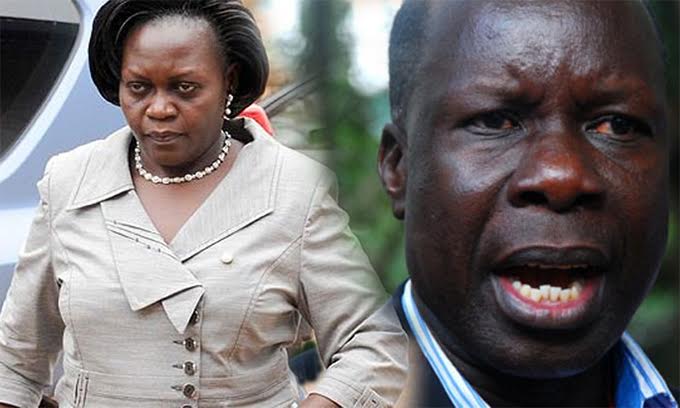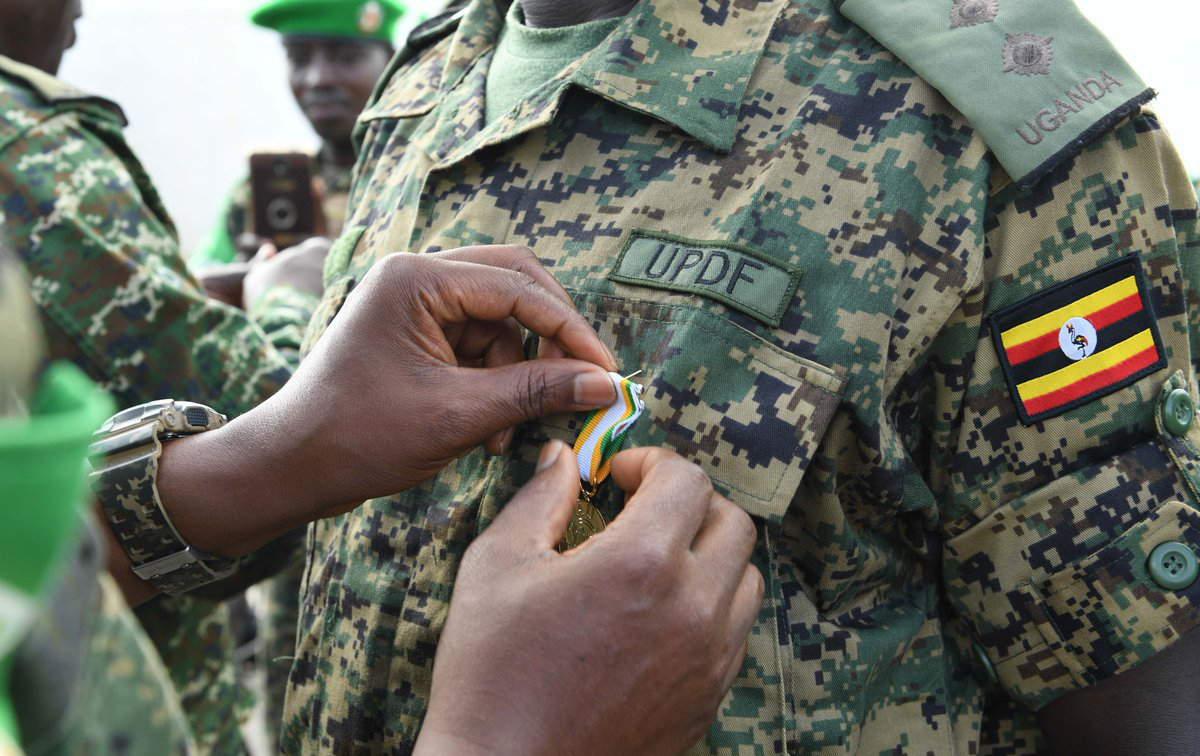The Permanent Secretary Ministry of Gender, Labour and Social Development, Mr. Aggrey David Kibenge has implored African Governments to adopt initiatives and innovations that enhance social protection services and ensure inclusive societies.
Speaking at the Regional Social Security Forum for Africa in Abidjan, Cote d’Ivoire on Friday, 19th May 2023, Mr. Kibenge noted that one of the key strategies is to improve beneficiary selection and identification processes to enable targeting.
“Establishing a social registry is essential for effectively identifying and targeting beneficiaries, ensuring that social protection services reach those in need,” Mr. Kibenge said, adding: “This approach aims to streamline the delivery of social protection across sectors and establish functional coordination mechanisms among stakeholders.”
He observed that to maximize the impact of social protection programs, it is crucial to reduce duplication and double-dipping by beneficiaries, which underscores the importance of investing in building Management Information Systems (MIS) for Social Protection and linking them to a common Single Registry.
He said coordination between Social protection, Humanitarian Assistance and Disaster Risk Management is critical as the multiplicity and occurrence of shocks demonstrate that social protection cannot operate in isolation.
He however decried the low financing towards Social Protection in most African countries.
“Across most countries in Sub-Saharan Africa, Investment in Social Protection is very low. E.g. in Uganda, it is 0.7% of GDP, Zambia 0.8%, Rwanda and Tanzania 1.7% and South Africa 5.5%.” He said.

“Meaningful impact would be achieved if countries invested at least about 2% of GDP on Social Protection, in addition to leveraging private sector participation through insurance companies, unit trust options, strong regulation and increased education and awareness.” He added.
Mr. Kibenge emphasized that adequate financing will enable the expansion and sustainability of existing social protection programs while introducing new interventions that cover different stages of individuals’ lives.
He cited examples including expanding cash programs for the elderly and vulnerable households and introducing child grants to enhance cognitive development and long-term productivity.
He further emphasized the need to transition key social protection interventions from donor support to core government financing.
“This transition ensures the sustainability of programs and builds the government’s capacity to implement social protection initiatives effectively. The successful transition of the Senior Citizens Grant program in Uganda in 2022 from donor support to a core government program serves as an encouraging example.” He added.
He highlighted the crucial role of social security institutions in gathering evidence, sharing knowledge, and building and strengthening delivery systems for social protection.
“At Africa level under the auspices of the African Union, there is need to support and strengthen the Community of Practice on Social Protection. Some countries have established similar Communities of Practice at country and these need to be strengthened and cross-learning opportunities established.” He said.
In Uganda, he revealed, a Parliamentary Forum for Social Protection was established to bring together members of Parliament to appreciate, advocate and identify champions for Social Protection and this has been instrumental in advocating for the National rollout of the Senior Citizens Grant.
He advised that similar platforms involving both State and Non-State Actors could be established elsewhere with coordination structures at national and subnational levels.
During the Forum held from 17th to 19th May 2023, the International Social Security Association (ISSA) issued a Good Practice Award to the National Social Security Fund (NSSF) Uganda for automating the members’ benefits claim process.
Over 700 delegates from across Africa attended. Next year’s Forum will be hosted by South Africa.
















